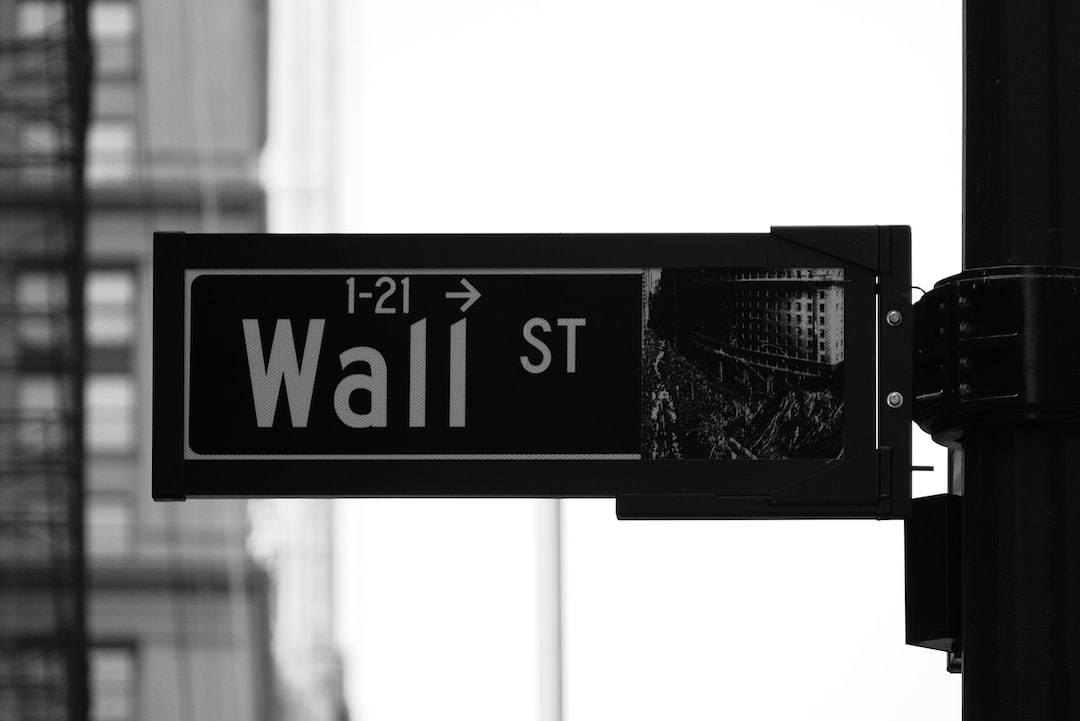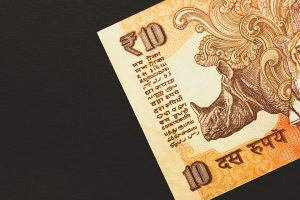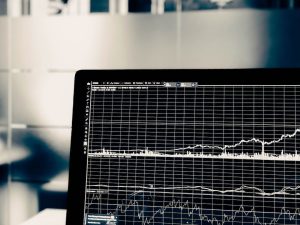Forex, short for foreign exchange, is the world’s largest and most liquid financial market. It’s where currencies are traded around the clock, and the vast majority of transactions are speculative in nature. With so much money changing hands, it’s not uncommon for traders to lose money in forex. But where exactly does that money go?
First, it’s important to understand how forex trading works. Unlike the stock market, where investors buy and sell shares of individual companies, forex traders buy and sell currencies in pairs. For example, a trader might buy the euro against the US dollar, betting that the euro will appreciate in value relative to the dollar.
When you trade forex, you’re essentially betting on the direction of a currency pair’s exchange rate. If you think the euro will rise in value against the dollar, you’ll buy the euro and sell the dollar. If you’re right and the euro does indeed appreciate, you’ll make a profit. But if you’re wrong and the euro falls in value, you’ll lose money.
So, where does that money go? The answer is that it goes to the other side of the trade. In other words, if you lose money on a forex trade, the person or institution on the other side of the trade is making money. For example, if you buy the euro against the dollar and the euro falls in value, the person or institution who sold you the euro is making a profit.
It’s worth noting that forex trading is not a zero-sum game. In other words, it’s possible for both parties to a trade to make money, or for both parties to lose money. This is because the value of currencies is constantly changing, and there are many factors that can influence exchange rates, including economic data, political events, and central bank policies.
In addition to the other party to the trade, there are other entities that may profit from forex trading. For example, forex brokers make money by charging traders a spread, which is the difference between the bid price (the price at which you can sell a currency) and the ask price (the price at which you can buy a currency). The spread is essentially the broker’s commission, and it can vary depending on the broker and the currency pair being traded.
Finally, it’s worth noting that not all forex traders lose money. In fact, some traders are very successful and make a lot of money trading currencies. These traders typically have a deep understanding of the forex market and use a variety of strategies to try to predict exchange rate movements. While there is no guarantee of success in forex trading, it is possible to make money if you have the right skills and knowledge.
In conclusion, when you lose money in forex trading, it goes to the other party to the trade. However, there are other entities that may profit from forex trading, including brokers who charge spreads. While forex trading can be risky, it is possible to make money if you have the right skills and knowledge. It’s important to remember that forex trading is not a zero-sum game, and there are many factors that can influence exchange rates.






